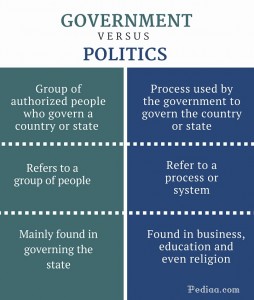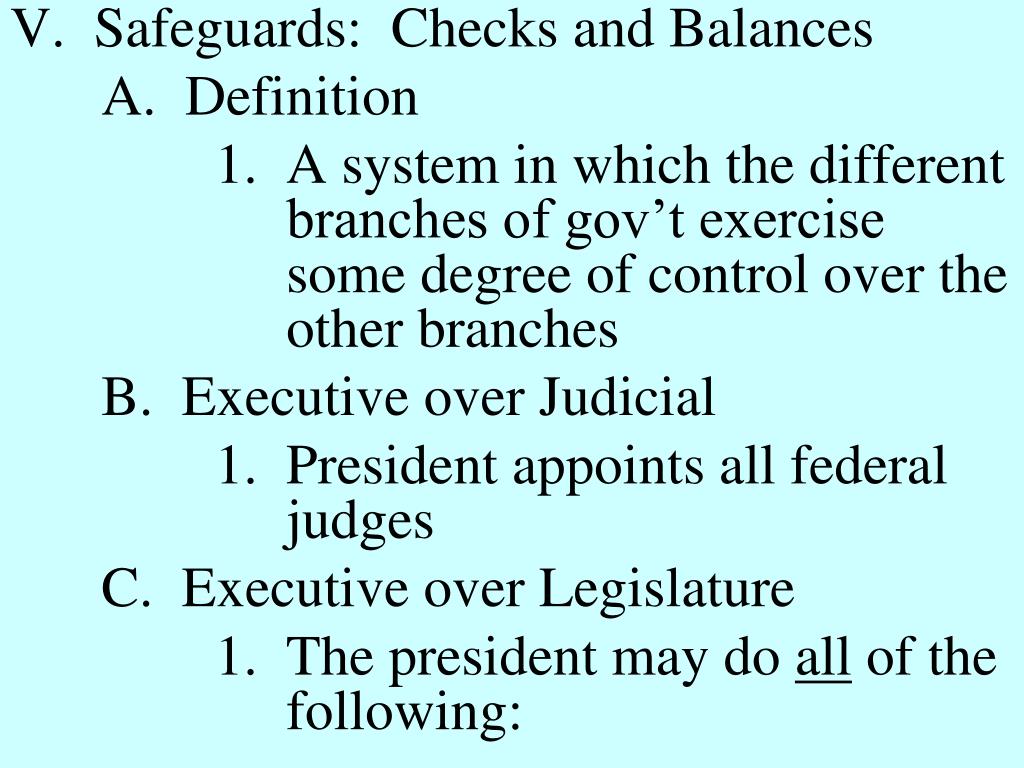

should be a Christian nation define the concept as one where a nation’s laws are based on Christian tenets and the nation’s leaders are Christian, it is much more common for people in this category to see a Christian nation as one where people are more broadly guided by Christian values or a belief in God, even if its laws are not explicitly Christian and its leaders can have a variety of faiths or no faith at all. should be a “Christian nation”? While some people who say the U.S. This raises the question: What do people mean when they say the U.S. And the new survey – along with other recent Center research – makes clear that there is far more support for the idea of separation of church and state than opposition to it among Americans overall. Two-thirds (67%) say that religious institutions should keep out of political matters rather than expressing their views on day-to-day social or political questions. adults (77%) say that churches and other houses of worship should not endorse candidates for political offices. For example, about three-quarters of U.S. “is now” a Christian nation.Īt the same time, a large majority of the public expresses some reservations about intermingling religion and government. adults – including about six-in-ten Christians – say they think the country “should be” a Christian nation. adults – including nearly seven-in-ten Christians – say they believe the founders “originally intended” for the U.S. Those who say the United States should not be a Christian nation, on the other hand, are much more inclined to define a Christian nation as one where the laws explicitly enshrine religious teachings. But the survey also finds widely differing opinions about what it means to be a “Christian nation” and to support “Christian nationalism.”įor instance, many supporters of Christian nationhood define the concept in broad terms, as the idea that the country is guided by Christian values. adults believe America’s founders intended the country to be a Christian nation, and many say they think it should be a Christian nation today, according to a new Pew Research Center survey designed to explore Americans’ views on the topic. On the other side of the debate, however, many Americans – including the leaders of many Christian churches – have pushed back against Christian nationalism, calling it a “danger” to the country. Growing numbers of religious and political leaders are embracing the “Christian nationalist” label, and some dispute the idea that the country’s founders wanted a separation of church and state. The questions used in this report can be found here. For more, see the ATP’s methodology and the methodology for this report. adult population by gender, race, ethnicity, partisan affiliation, education, religious affiliation and other categories. The survey is weighted to be representative of the U.S. All respondents to the survey are part of Pew Research Center’s American Trends Panel (ATP), an online survey panel that is recruited through national random sampling of residential addresses. should be a “Christian nation,” and the other half of respondents (5,277) were randomly assigned to receive the “Christian nationalism” questions. Roughly half of the survey’s respondents (5,311 participants) were randomly assigned to receive the questions about whether the U.S. should be a “Christian nation,” whether they have heard of “Christian nationalism” (and if so, what they think of it), and about their perceptions of religion’s role in the Supreme Court, among other topics.įor this report, we surveyed 10,588 U.S.

The survey asked respondents whether they think churches and other religious organizations should be involved in politics, whether the U.S. Pew Research Center conducted this survey to explore Americans’ attitudes about religion’s role in public life.


 0 kommentar(er)
0 kommentar(er)
